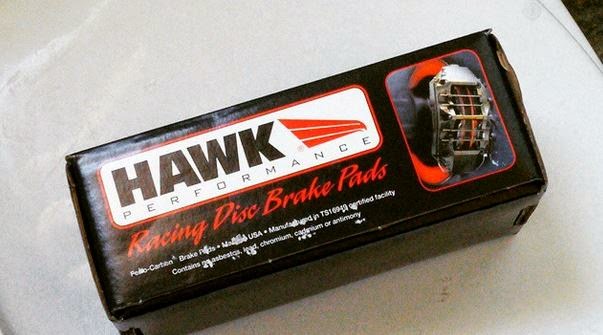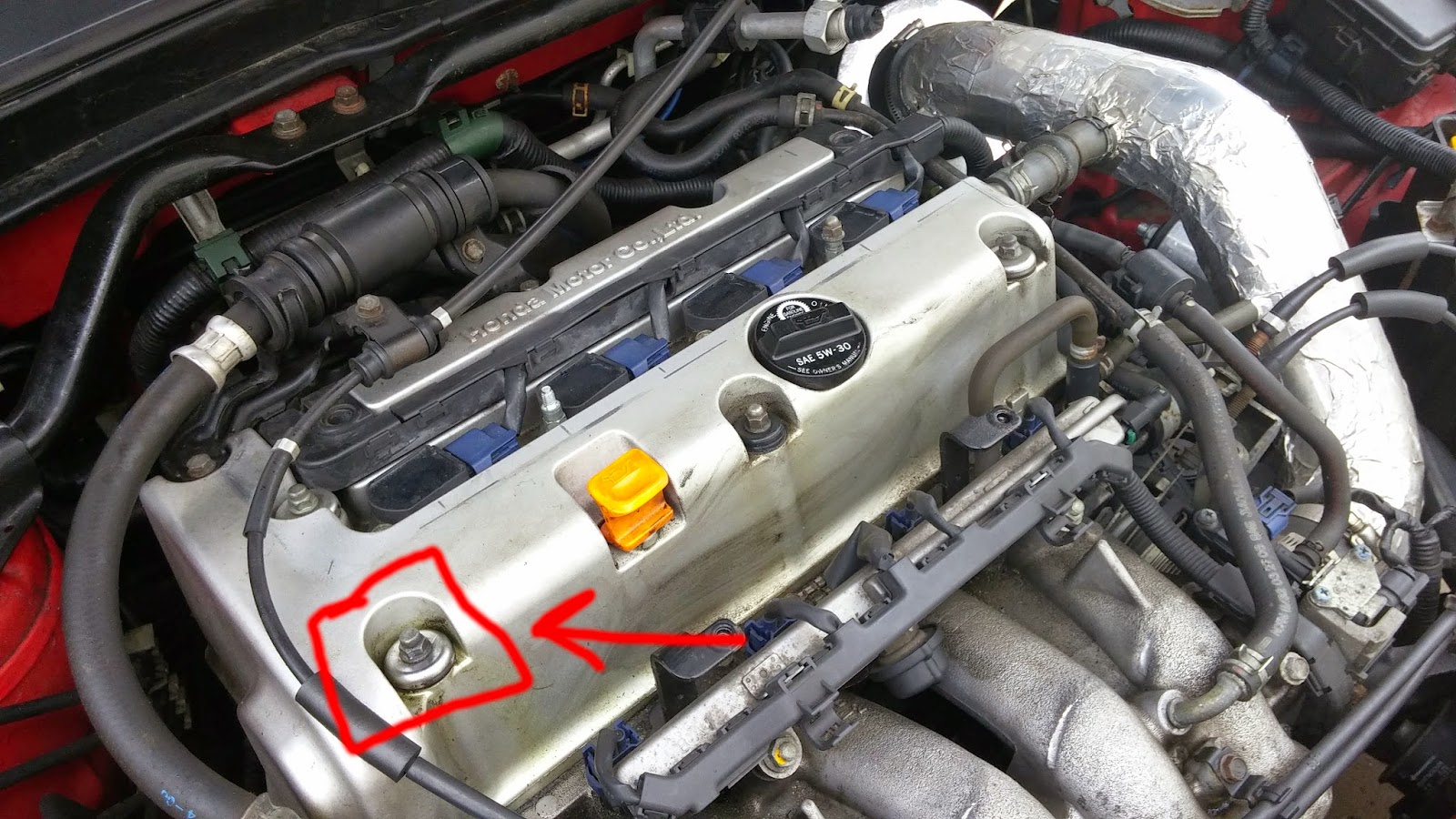In 2015 I experienced some of the best moments in my life. As a senior in college, I had experienced a lot of social events that really defined me and helped me grow. I made friends and learned lessons and along the way, I got hooked on cars.
Take a look at my first track day during that year and some of the things I experienced as a novice. This was originally written in 2015:
Track Night in America is aimed at newcomers who wish to enter into track racing from essentially any avenue. Whether you're a kart racer, autocrosser, or traffic jam bum, if you want to get to racing then you can do so with Track Night in America thanks to the SCCA. It is a safe, controlled environment where you can push the limits of your car.
As a matter of fact, everyone I was driving with either autocrossed before or was a regular autocrosser!
Image from SCCA
With a price tag of $150 before a one day only $25 discount, I could not resist the temptation. Although the track day occurred from 3 to 9 PM, cutting into the work day, so-to-speak, this price is nearly half the cost of an average track day with HPDE or Hooked on Driving or any other camp. However, with any event comes preparation that needs to take place.
As mentioned in my previous article, one of the first things I tackled was the brake pad situation. On the track, stopping and turning are much more important than going straight. One of the first things mentioned on New Jersey Motorsports Park's tech form is that brake pads should have more than one half of their life left.
Since I had been using my HP Plus pads for more than a season of autocross, I felt it was time to finally replace them. Here's what the old pads looked like-- they definitely have some life left in them!
Next, I sent my car off to my good friend Alex who was supposed to align my car. The desired settings were:
Front camber: -3.0 degrees
Rear camber: -2.0 degrees
Front and rear toe: Neutral
Caster: non-adjustable on the RSX
However, thanks to a seized rear eccentric bolt, rear toe was not adjustable. Since Alex didn't want to do a half-good job of aligning my car, he stopped at rear camber and let me know that after four hours he was unable to do anything with the car. Thanks anyway Alex!
In addition to my poor alignment, out of good will, while Alex was washing my car, my aero block-off plates came off! I guess it's better it happened there than at the track!
So, not only was my alignment bad and my block-off plates had popped off, but there was a slew of other things I had to comb over before I brought the car on the track. On the checklist I had:
- Fix front camber on driveway
- Fix front toe on driveway
- Make sure all bumper clips were securely fastened
- Tighten down the battery strap
- Install my new Hawks and bed them in
- And make sure all suspension components were in good order.
I started by jacking the car up and maxing out the camber, within reason, on my adjustable top hats. The top hats are pictured below:
However once I did that, the car's toe was EXTREMELY out of whack. The car tracked hard to the right, so I had to adjust the tie-rod ends with some guesswork.
After doing that I tightened down the battery strap, I tightened the lower locking collars on my coilovers, I checked all of the wheel bearings, I installed my pads, and I bedded them in. Since I had done so much in just a couple of hours before I was due to leave, I took it easy on my way to New Jersey Motorsports Park (NJMP).
When I got there, I signed in at the gate, drove to Thunderbolt (one of two circuits at NJMP) and got set up at the paddock area.
I brought a couple of things with me to make sure I'd be able to lounge comfortably during the advanced and intermediate sessions, my friend's GoPro, and I also brought some tools with me to make sure the car would be in good hands.
This is, of course, in addition to my helmet, which you must have, my long-sleeve sweater, which you must have, my close-toe shoes, which you must have, and my long pants, which you also must have.
Here's a more detailed list of what I brought:
- A large tarp to cover my belongings
- A box of open-ended wrenches
- 10 mm through 14 mm deep sockets and a ratchet
- A small toolkit which was comprised of a small ratchet and multiple shallow sockets
- Allen wrenches
- A chair
- Dinner (PB&J)
- Lots of water
- GoPro
- GoPro charger
- Number plates-- in case we needed to be marked
- Painters tape-- to hold my magnetic number plates to the car
- A pen and some paper
- Sunscreen
- Helmet
- Sweater
- Jack stand
Note that I may have over-packed, but it was my first track day and I did not want to be unprepared.
Once set up, we held a driver's meeting. During the driver's meeting we went over hand-signals to let people know that you want them to pass you, we went over passing zones, we went over flag signals, and we went over general tips to stay safe on the track. The novice group had their own special leader who took the time to ensure we all had a fun, safe time on the track. His name was Tom. Thanks Tom!
After the driver's meeting, we filled out a self-tech form. This form goes over everything from having your battery tied down, to discolored, cracked, or warped brake rotors, to no floor mats or loose items in the car. We signed it to ensure that we were liable for any accidents and handed it over to the coordinators of the event.
Then, we headed out for paced laps to understand the corners on the track, including turn-in points, apex points, exit points, braking points, acceleration zones, and passing zones. Here's the car that I was following-- an intermediate class STi!
After the paced laps, we sat and waited for the advanced driver (there was only one) to finish his run. However, due to a stroke of bad luck, his drain plug came loose and he spilled some oil on the track. According to my sources though, he was able to turn off the motor in time before damaging it!! I'm happy to hear that.
As a result, there was a bunch of kitty litter put out on the track to make sure that no one slid on the oil. This made for some tricky situations on its own, but it was definitely better than the greasy alternative, if you know what I mean.
After the mishap in the advanced group, we all waited for the intermediate group to get finished with their runs. While we waited, I got some cool videos of the faster guys driving by!
And finally it was time for the beginner group to run. Here's a map of Thunderbolt and the layout we ran for future reference:
Initially I took it slow. I wanted to get a feel for the track and ramp up my corner speeds and get later and later in my braking zones to push the car.
Initially I took it slow. I wanted to get a feel for the track and ramp up my corner speeds and get later and later in my braking zones to push the car.
Eventually I got comfortable on the track and really learned where I could push the car. The turns that were covered in kitty litter initially tripped me up really bad. And after the long front straight that leads into Turn 1 at NJMP, I learned that it was difficult to heel-toe due to the sheer magnitude of braking that needed to be done.
This area proved difficult to heel-toe downshift in
I wasn't passed once and after the first run everyone was asking who was driving the red Honda!
However, whenever you drive your car hard, it is to be expected that there may be some sort of mechanical issue. When I popped the hood I noticed oil on one side of my valve cover and freaked out! I quickly took off my intake manifold cover and while doing so I noticed that a bolt holding my valve cover on had come off. The area is shown below:
So, I simply took a bolt from somewhere else in the engine bay and replaced the one that fell off with it. Notice how there's no washer on the middle, front valve cover bolt as well. That's because I took that washer and used it on the corner valve cover bolt.
After that, for the second run I took things easy at first. I watched my temperature gauge and looked in my rear view for smoke. I also kept my senses keen to make sure that no funny smells were coming from my engine bay. With all things in check, I began to push the car a little harder and I still did not get passed once.
Finally, before I started the last lap, I asked the novice instructor, Tom, about one corner in particular that I did not know how to handle. It was unlike some of the kinks that took place at high speeds because for those I could just let off the throttle, oversteer, and hit the gas. It was also unlike the low-speed technical corners where I could slam the brakes, oversteer, and hit the gas.
He ended up telling me to keep the car in forth gear, brake gradually, and let off gradually. Doing so induced corner entry oversteer and allowed me to power out of the corner. Here's the corner I'm talking about:
If you want to take a look at my driving, check out this video! It has a lot of comments to help you guys see what I was thinking and what I was doing to be slower or faster through given sections and corners! Maybe if you want to get into track racing this will help you!
At the end of the day I ended up meeting a bunch of people and having an amazing time. Everyone agreed that I was the fastest of the day and I learned so much and had a blast driving with the other novices. People kept asking if my car was turbocharged and how much displacement I had. When one driver heard I had an N/A 2.0 liter motor he was shocked!
When I was leaving, some instructors even stopped by and asked who was driving the "red Honda" as everyone called it. They said, yeah, "you're definitely ready for intermediate group!"
It felt so good finally being fast-- as compared to autocross where all of the lighter cars with better tires destroy me. I guess we'll see how I do next time! But for now, I'm gonna sign off. Hope you had fun reading!




















No comments:
Post a Comment